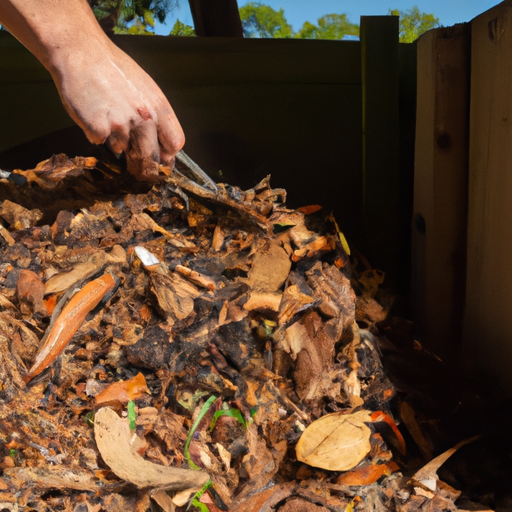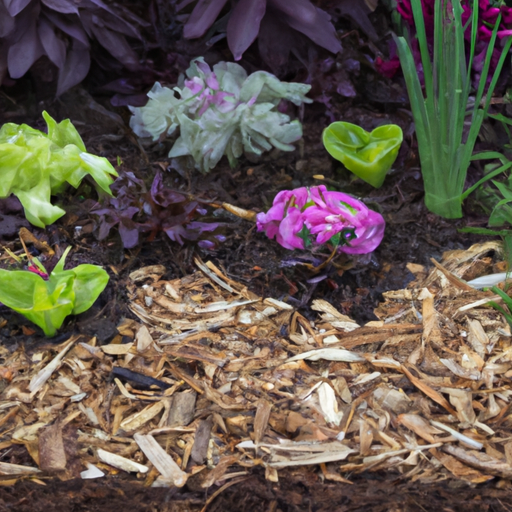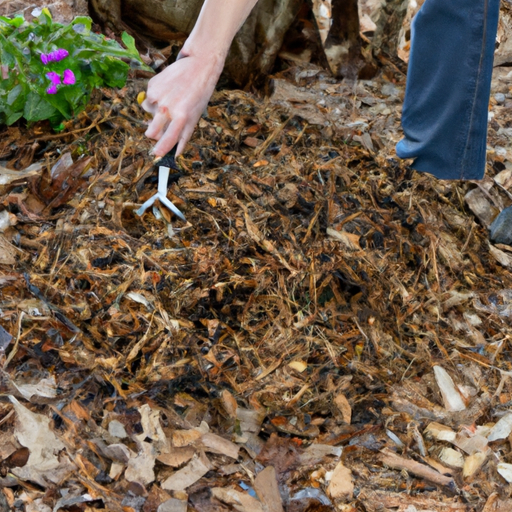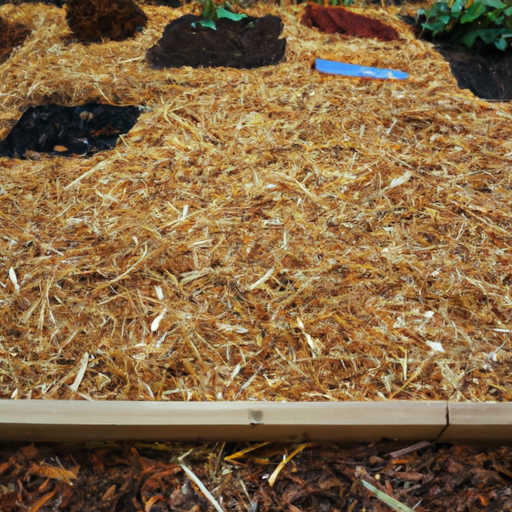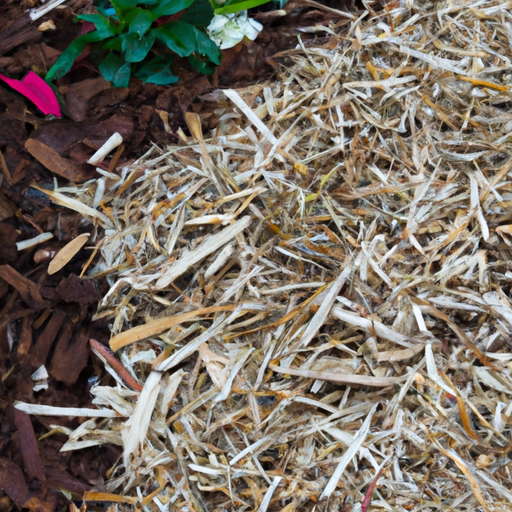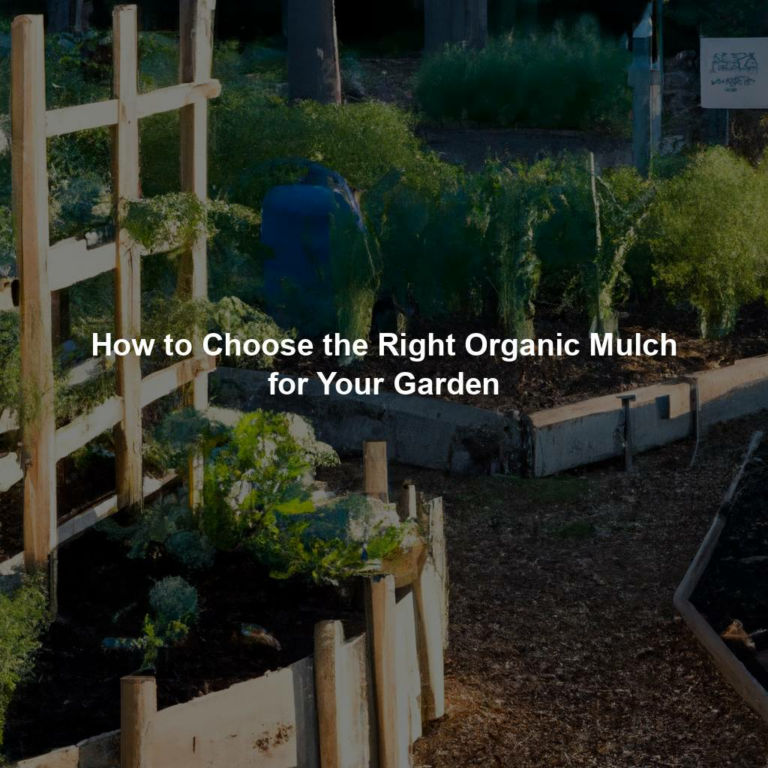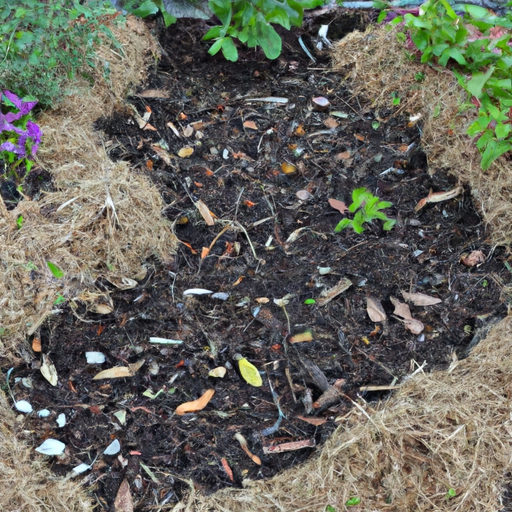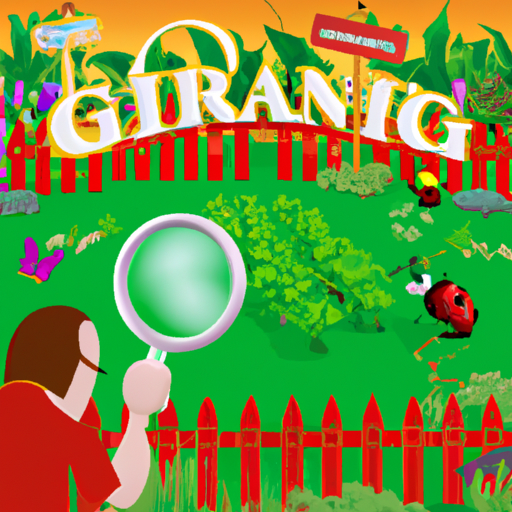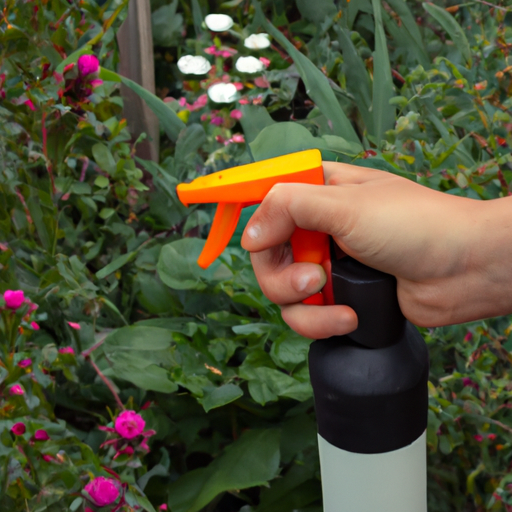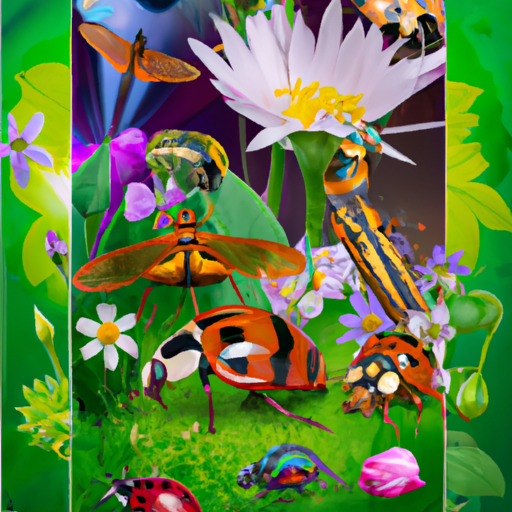How to Make Your Own Organic Mulch from Home
Learn how to make your own organic mulch at home using common household items and yard waste. Mulching retains soil moisture, suppresses weeds, and adds nutrients to the soil. Leaf mulch and straw mulch are inexpensive options that can be easily made. Create a compost pile using organic materials like leaves, grass clippings, and kitchen scraps, and turn it regularly. Use a mixture of materials to achieve optimal decomposition. Replace organic mulch every year or two for maximum benefits. Homemade organic mulch improves soil health, reduces waste, and saves money.
